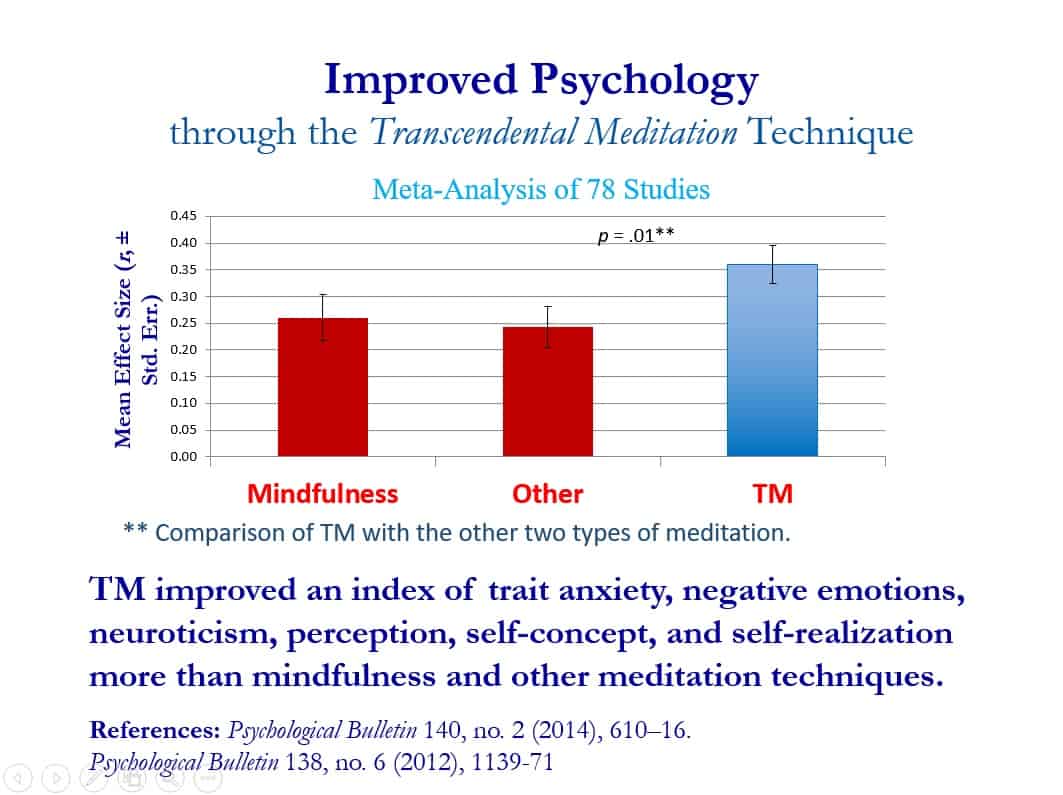“After doing TM I feel calmer, more centred, and I have more patience, not only with my family but also with my co-workers and patients.”
—Angel Farley, Paramedic, British Columbia Ambulance Service, Critical Incident Stress Team Peer
Do you live and work in Alberta?
If so, CWWI has funding available to provide training in the Transcendental Meditation program for up to 40 actively employed first responders, including paramedics, who are living with PTS or other occupational stress injuries.
TM is a simple, easy-to-learn approach that relieves symptoms of stress, anxiety, depression, and PTS, and develops greater resilience to stress, ultimately improving well-being. The results can be experienced right from the beginning of the practice.
This program is available at no cost to the participant. If you are interested and would like more information on the program contact:
Edmonton: Ami Stadnick: 780-690-5892 or click here to send an email
Calgary: Ria Kinzel 587-223-0252 or click here to send an email
This program is made available through funding from the Province of Alberta.

Paramedics: Overcoming Physical and Psychological Stress
A 2012 study in Ottawa on emergency service workers concluded that paramedics were at the highest risk of developing PTSD: 16%–24% of Canadian paramedics will be diagnosed with PTSD at some point in their careers (Workplace Health Safety, 2012, 60:6, 257-63). Paramedics routinely encounter trauma; their work involves the daily experience of ministering to, and witnessing, people in distress. Each call that they respond to has the potential to be a life or death situation. There is little time to process and deal with their reactions to each traumatic event as it occurs, thus exacerbating symptoms.
Those suffering from PTSD experience a wide range of negative physical and mental health problems, affecting not only the individual but also their relationships with significant others. Families are deeply impacted by continuing trauma experienced by a family member.
6,000 Canadian paramedics surveyed in 2015 identified the following as being the most difficult psychological and physical issues in their profession: critical incidents, cumulative impact, burnout, compassion fatigue, and concomitant sleep difficulties.
The Transcendental Meditation technique is a useful tool in any initiative to combat physical and psychological stress in paramedics, including PTSD. TM has been shown to significantly lower stress, and to help the body and mind recover more quickly from stressful situations. Beyond remediation of the physical and mental symptoms of stress, TM can strengthen and calm the nervous system on a daily basis to bring alertness and vigilance to the working day. Both the psychological and physical stress involved in the work of paramedics can be mitigated through regular practice of TM.
Transcendental Meditation is:
- Evidence-based—over 675 scientific studies; 406 have been published in independent, peer-reviewed journals or other edited scientific publications;
- Simple to learn—standardized instruction ensures consistent results;
- Easy to practise—does not involve concentration or controlling the mind;
- Confidential and portable—can be practised privately, anywhere, at any time.
Benefits of the regular practice of the TM technique include:
- Reduced symptoms of PTSD and depression;
- Reduced anger and hostility;
- Decreased reliance on alcohol;
- Reduction in high blood pressure;
- Reduction in high cortisol levels;
- Increased resilience;
- Decreased perceived stress.

